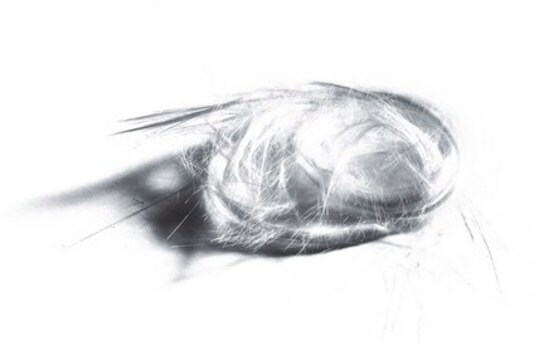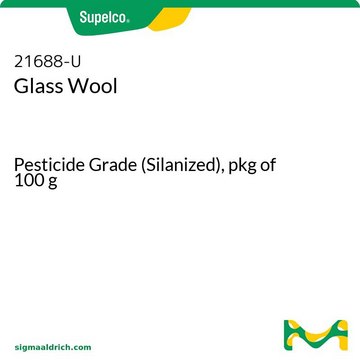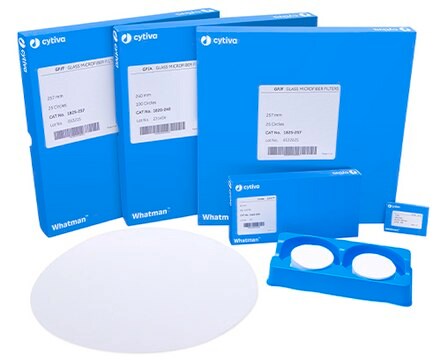About This Item
Kod UNSPSC:
41121800
Polecane produkty
opakowanie
pkg of 50 g
metody
gas chromatography (GC): suitable
Szukasz podobnych produktów? Odwiedź Przewodnik dotyczący porównywania produktów
Opis ogólny
Glass wool is made up of short glass fibres and is non-flammable in nature. It is widely considered as a thermal insulation material in ships, automobiles, air conditioning ducts and water supply pipes. Furthermore, it is suitable as noise absorbing material in concert halls, studios and movie theatres. Above all that it is non carcinogenic to humans.
Wool plugs are often used in GC inlet liners to improve sample vaporization, and/or to keep non-volatile material from entering the column. They can also be used in packed GC columns, solvent desorption tubes, thermal desorption tubes, and purge traps to retain adsorbent beds.
Zastosowanie
Glass wool column maybe used for the separation of lymphocytes in human blood.
Inne uwagi
Non-Treated for special application where the user deactivates based on their intended analytes
Ta strona może zawierać tekst przetłumaczony maszynowo.
Kod klasy składowania
13 - Non Combustible Solids
Klasa zagrożenia wodnego (WGK)
WGK 1
Temperatura zapłonu (°F)
Not applicable
Temperatura zapłonu (°C)
Not applicable
Środki ochrony indywidualnej
dust mask type N95 (US), Eyeshields, Gloves
Wybierz jedną z najnowszych wersji:
Certyfikaty analizy (CoA)
Lot/Batch Number
It looks like we've run into a problem, but you can still download Certificates of Analysis from our Dokumenty section.
Proszę o kontakt, jeśli potrzebna jest pomoc Obsługa Klienta
Masz już ten produkt?
Dokumenty związane z niedawno zakupionymi produktami zostały zamieszczone w Bibliotece dokumentów.
Klienci oglądali również te produkty
Advanced Ceramic Technologies & Products. The Ceramic Society of Japan.
Imanaka Y.
Science, 18, 439-444 (2012)
Separation of Lymphocytes in Human Blood by Means of Glass Wool Column.
Johnson TM and Garvin JE.
Exp. Biol. Med, 102 (2), 333-335 (1959)
Nasz zespół naukowców ma doświadczenie we wszystkich obszarach badań, w tym w naukach przyrodniczych, materiałoznawstwie, syntezie chemicznej, chromatografii, analityce i wielu innych dziedzinach.
Skontaktuj się z zespołem ds. pomocy technicznej








